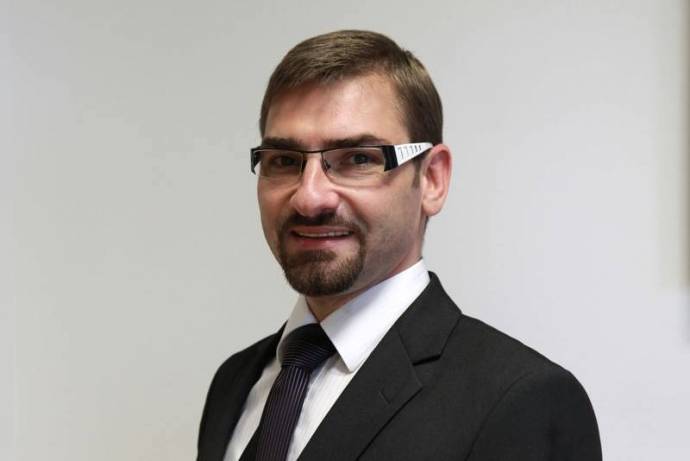January 25, 2018
STA - 25 January, 2018. Discussing a reform of the EU asylum system with EU interior ministers at an informal meeting in Sofia on Thursday, Interior Ministry State Secretary Andrej Špenga warned against forcing countries into accepting refugees. This would only further deepen the gaps in the EU, he said.
The interior ministers supported today the idea to speed up talks on the overhaul of the asylum system, which are to be concluded by June.
Most ministers agreed that the Dublin Regulation was the key document to build on, but those coming from the countries affected by the migration flow want to include a binding allocation mechanism into the Regulation, while others, especially Visegrad countries, oppose this.
They argue that solidarity is about offering as much help as you can in any way possible, the Slovenian Interior Ministry said in today's press release.
Špenga called on the Bulgarian EU presidency to consider multiple solutions rather than just one. "It's our responsibility not to build solutions for the future with a majority vote, because this would only further deepen the gaps in the EU," he pointed out.
Slovenia would like to see legislative proposals passed as soon as possible, so that they could have long-term results.
To this effect, the country has already proposed that the controversial crisis mechanism be exempt from the proposal of the Dublin Regulation and included into a special law which would be based on the directive on temporary protection.
Špenga repeated this view in Sofia today. Crisis situations would be handled as part of an external mechanism on temporary protection, which would be triggered by a decision of the EU Council at the European Commission's proposal in case of a mass arrival of migrants, he said.
The countries or area affected by the emergency measures would be determined along with the number of persons that individual member state could accept. This number would be determined based on an assessment of the country's capabilities and based on predetermined criteria.
The period of protection would be restricted to a year with the possibility of extension, and the process of granting such protection would be quick, the state secretary said in presenting Slovenia's proposal.
On the sidelines of the ministerial meeting, Špenga met Austria's new Interior Minister Herbert Kickl. The pair agreed that the Slovenian and Austrian police cooperated well on the operative level and that political dialogue between the interior ministries on open issues, especially border control between the countries, should continue.






